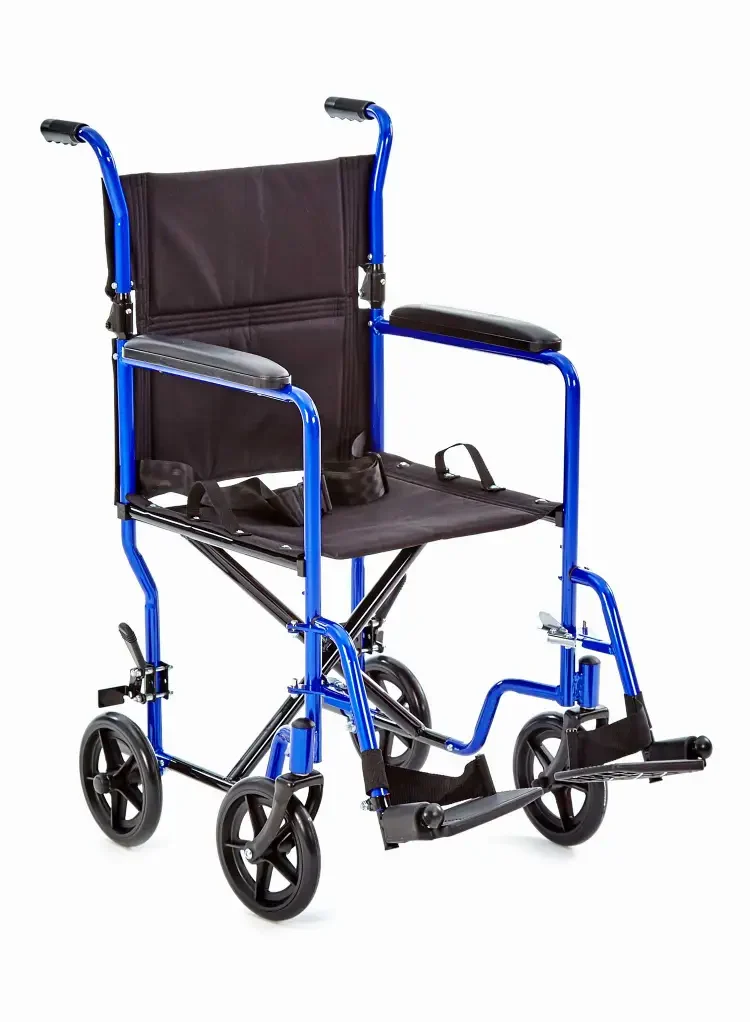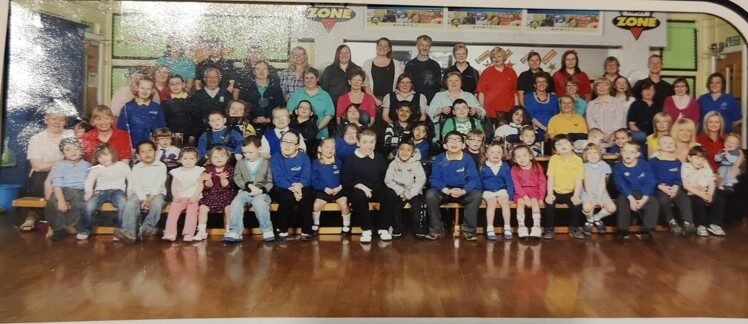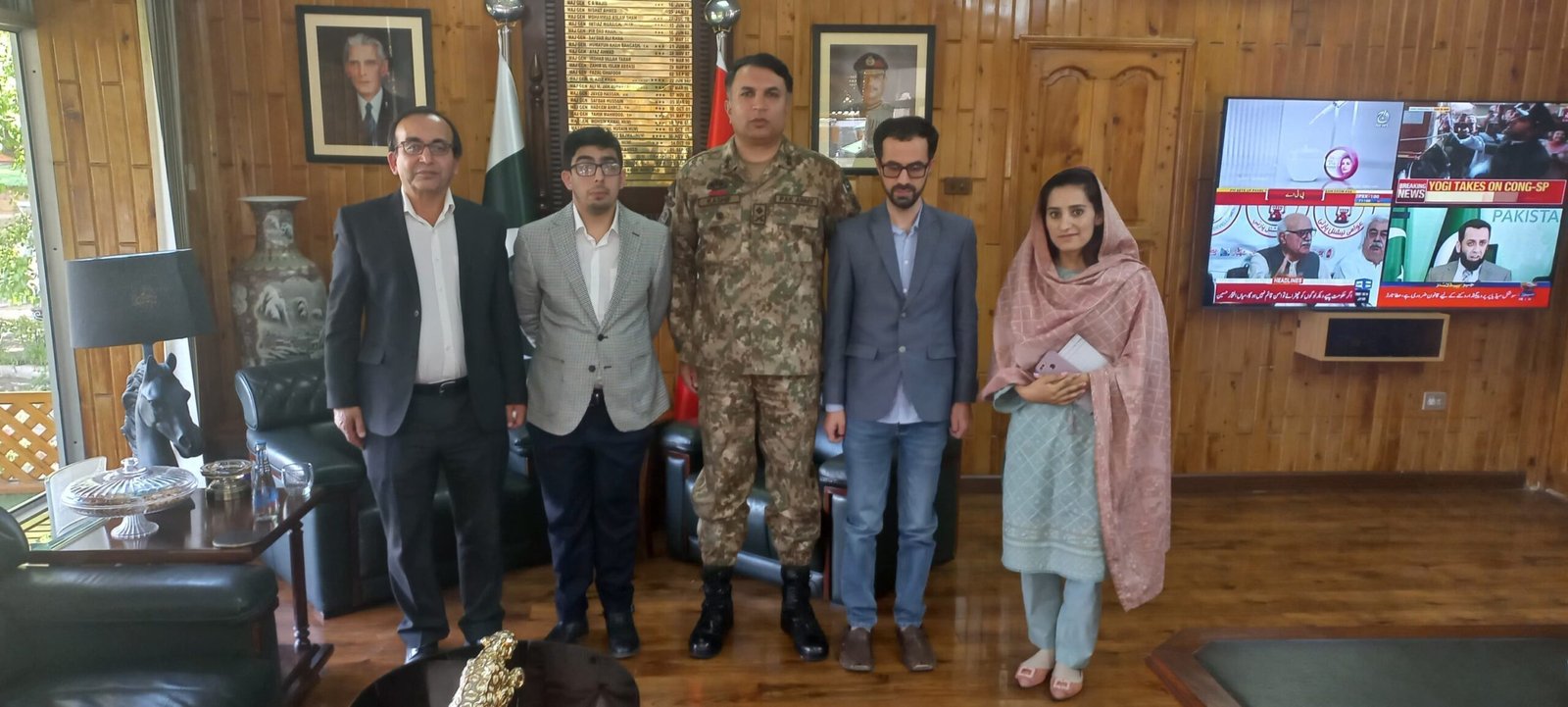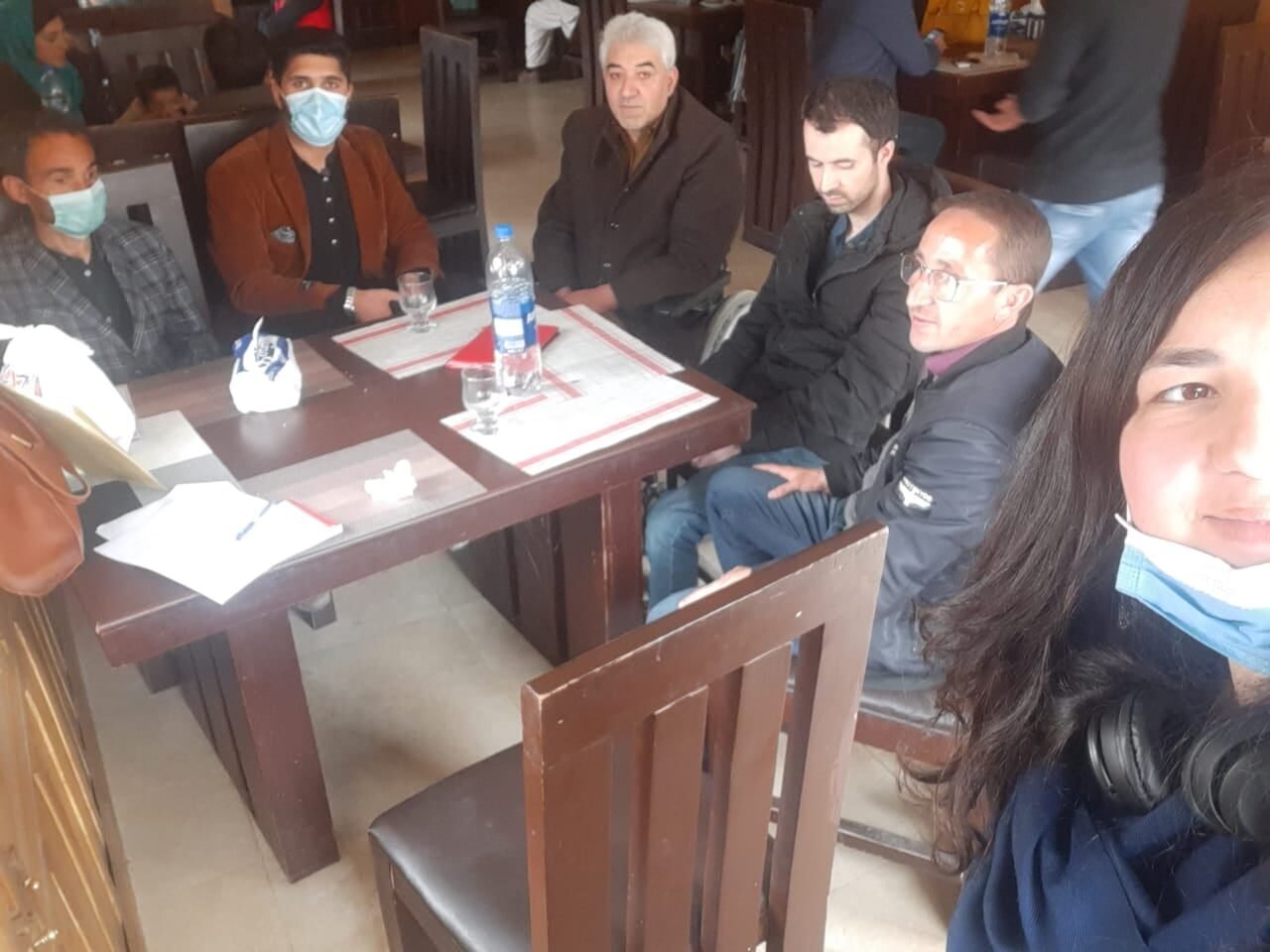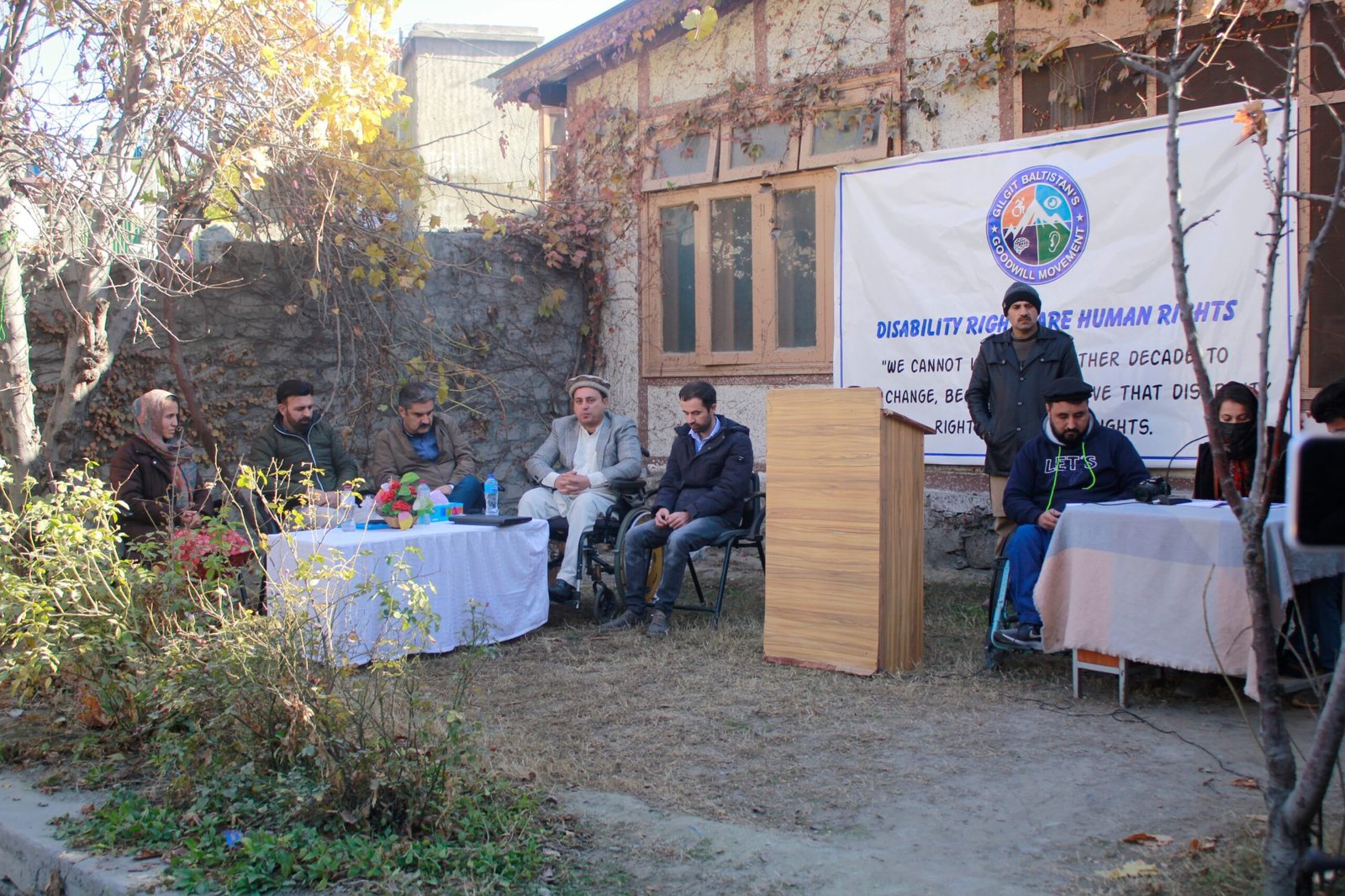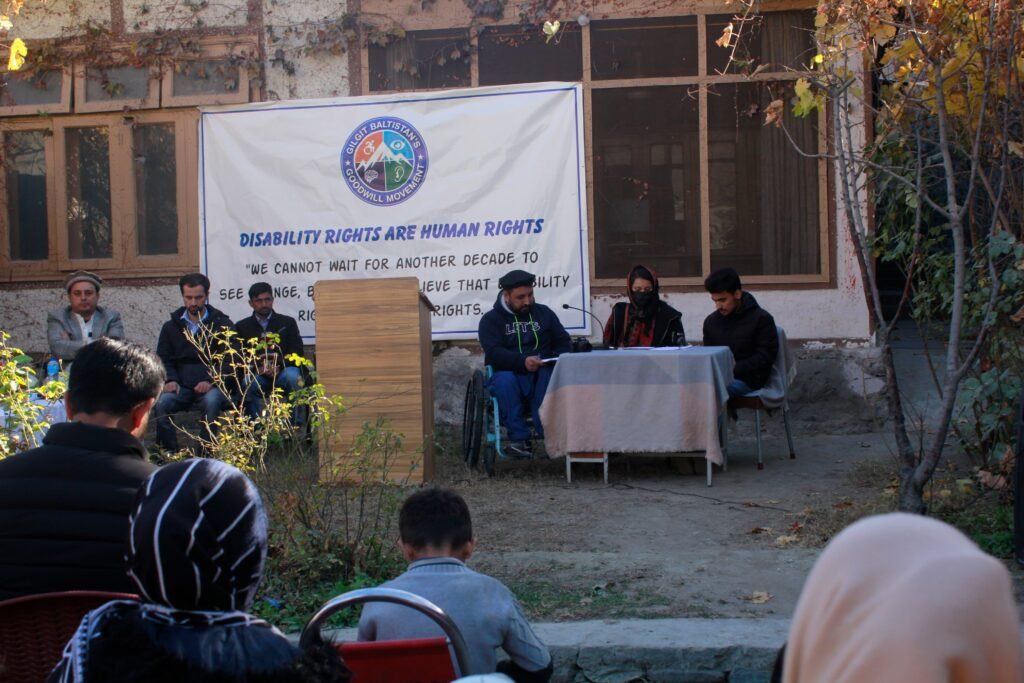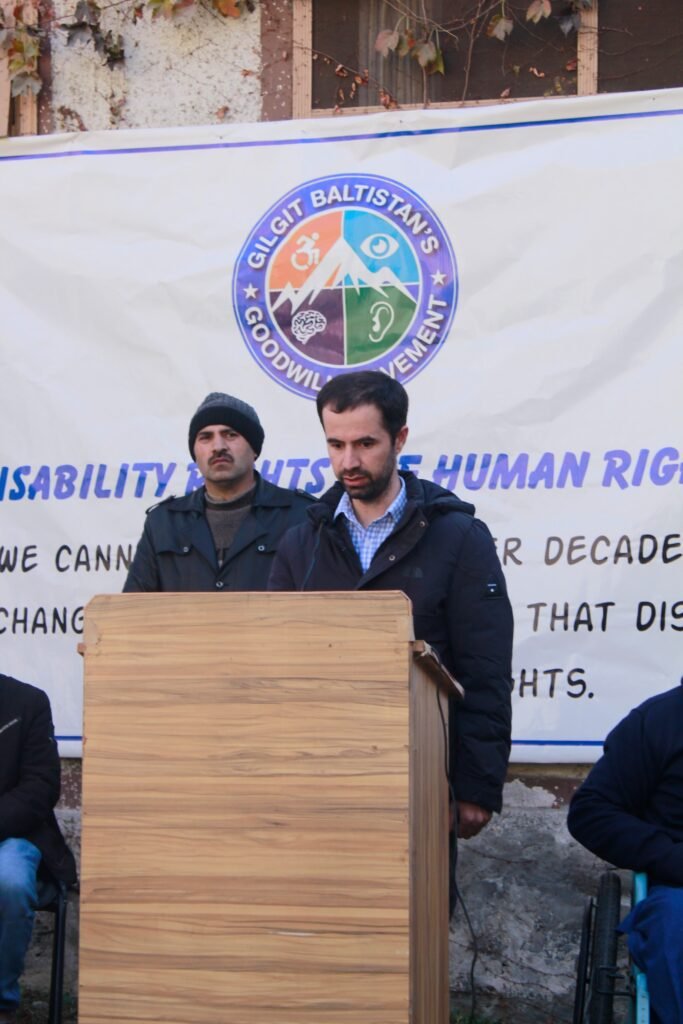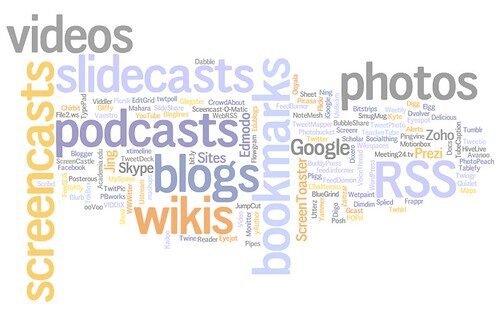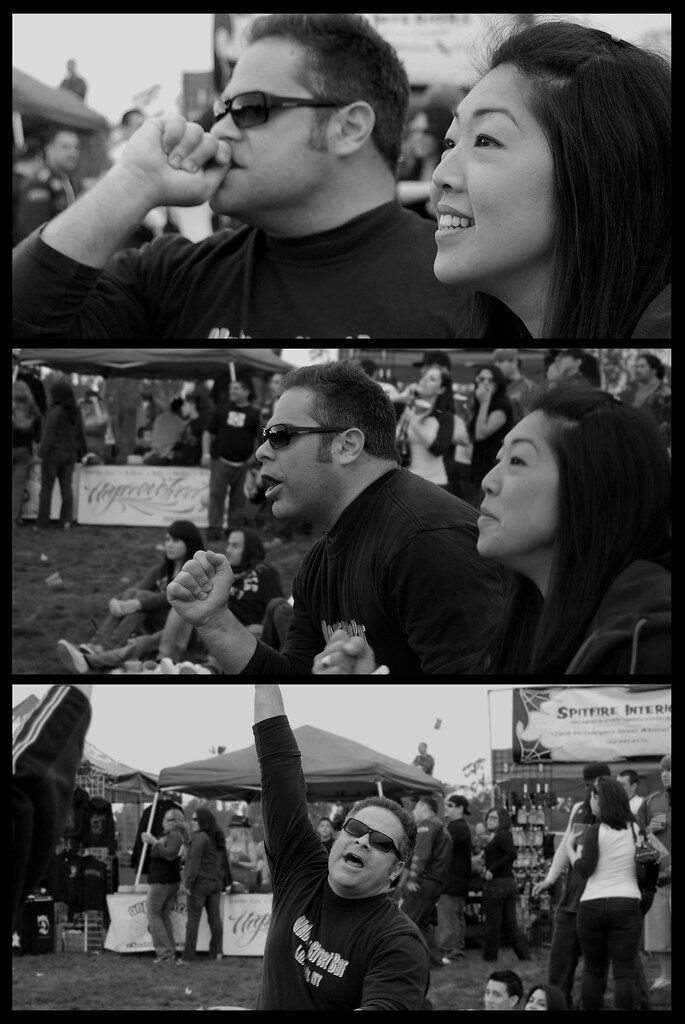Category: disabilities
The issues of Wheelchairs
While Gilgit Baltistan’s Goodwill Movement endeavors to address social inequalities through its skills development program, the challenges associated with wheelchairs in the region persist.
Why are we concerned with Wheelchairs?
Under the Convention on the Rights of Persons with Disabilities agreed by the United Nations, a disabled person has the right to dignity and respect.
Under the Convention on the Rights of Persons with Disabilities, which was agreed upon by the United Nations, a disabled person is entitled to dignity, respect, and the full and equal enjoyment of all human rights and fundamental freedoms. This includes the right to accessibility, personal mobility, and the ability to participate fully in all aspects of life on an equal basis with others.
Keeping in mind the challenging terrain of Gilgit Baltistan, it is important to recognize that individuals with wheelchair issues cannot easily navigate the region. The rough and uneven landscape significantly hinders their mobility, making it difficult for them to access essential services, participate in community activities, and enjoy the full rights and freedoms guaranteed to them under the Convention on the Rights of Persons with Disabilities.
Case study of Ghizer
Earlier this week, we received a voice note from an individual who expressed deep concern for his community of wheelchair-bound persons. He conveyed that the challenging terrain of Gilgit Baltistan, coupled with the lack of adequate infrastructure and resources, severely limits their mobility and access to essential services. He highlighted the urgent need for improved facilities and support systems to ensure that individuals with disabilities can live with dignity and participate fully in all aspects of life.
Conclusion
While the Gilgit Baltistan’s Goodwill Movement is making commendable efforts to address social inequalities through its skills development program, the persistent challenges faced by wheelchair users in the region cannot be overlooked. The rugged terrain and insufficient infrastructure severely limit their mobility and access to essential services. It is imperative that greater attention and resources be directed towards improving conditions for individuals with disabilities, ensuring they can exercise their rights to dignity, respect, and full participation in society, as mandated by the Convention on the Rights of Persons with Disabilities. The voices of those directly affected must be heard and addressed to create an inclusive and accessible environment for all.
Stories of the Resilient – Ghulam Muhammad Baig
My profile
Allow me to introduce myself. I am Ghulam Muhammad Baig, a soon-to-be graduate of Politics and International Relations at Strathclyde University in Glasgow, UK. In today’s world, I am deeply passionate about the active involvement of young people in social work. As a person with a disability, I understand firsthand how our experiences can shape the world we live in.
As an immigrant from Pakistan, I’ve had the opportunity to experience education in both the UK and my home country. This journey has not only broadened my horizons but also highlighted the common challenges faced by individuals with disabilities in both nations.
Moreover, during those years, my educational experiences were even divided between Additional Support Needs Schools (special schools) and mainstream education.
A mind boggle
have used this heading because explaining how I was educated is complex in itself. I will try to express it without using complex terms or lengthy discussions. In Additional Support Needs Schools, students often aren’t challenged to their full potential, which is unfortunate. However, these schools do offer great facilities, including:
- One-on-one care from a support assistant for each disabled student
- Smaller classrooms
- Bus support
- Speech therapy/Occupational therapy
- Physical therapy
- Support for free school meals
- Personal guidance
Reflecting on it, I realize that the concept of specialized schools for the disabled can feel uncomfortably close to segregation. It seems as though society is saying it doesn’t want to address their needs, so it isolates them into separate units.
I am not saying that is wrong; I am just saying that it limits or generalizes every disabled individual to not be of a sane mind. Having said that, multiple disablities, such as autism, and other physical disablities, such as ceberal palsy, which I have a mild form of benefit from it.
If it were not for my teachers like Ms Patterson and Robyn at the City of Glasgow College, I would not have become the student I am today.
How did this help me in focusing on charity work?
As I grew older, now at the age of 24, I began to understand that in third-world countries like Pakistan, especially in regions such as Gilgit Baltistan, issues like mine might not be openly discussed or addressed. These regions often face significant challenges, including limited resources, lack of awareness, and cultural stigmas, which can hinder open conversations and effective action on such matters.
Despite this, I held onto a glimmer of hope that progress could be made in Gilgit Baltistan, particularly because of the presence of organizations like the Aga Khan Development Network (AKDN). The AKDN has a strong reputation for its work in health, education, and community development, and its initiatives have brought about positive change in many underserved areas. I hoped that their efforts might extend to addressing issues like mine, raising awareness, and providing support and resources to those in need.
However, such changes take time and require a concerted effort from multiple stakeholders, including local communities, government bodies, and international organizations. While the presence of organizations like the AKDN is a promising start, there is still a long way to go to ensure that these issues are brought to the forefront and adequately addressed in regions like Gilgit Baltistan.
Situation on ground
Despite Gilgit Baltistan being one of the highest-educated regions of Pakistan, the disabled community suffers significantly, reflecting the shortcomings of the government.
- The Government has not socialized disabled people into mainstream education,
- established ASN schools for secondary or college levels,
- implemented a social care system,
- or enforced laws even when they are passed.
- Additionally, less than 1% of disabled people have secure jobs,
- The joint family system presents further challenges for disabled individuals.
Where does the GBGM come into this
My organization, Gilgit Baltistan’s Goodwill Movement, is a disabled-led organization. GBGM was started as a social media forum in 2019. During the COVID-19 pandemic, I learned that the disabled community in Gilgit Baltistan was in extreme difficulties with no basic facilities; he made a resolution for his lifelong commitment to work for the disabled or differently abled Community of Gilgit Baltistan.
Remaining proactive on social media during the first year of the pandemic, when educational institutions were closed, I found a large team of volunteers among whom there were prominent disabled activists of Gilgit Baltistan, including Sehrish Kanwal, Farhan Baig, Abrar Ahmed, Mumtaz Ali, Abdul Hakeem, Mustafa Kamal, Najeeba and Khushan Bano and Ali Ahmed.
Together we work to
- raise public awareness about the situation of persons with disabilities in Gilgit Baltistan, –
- to collect a credible and authentic database about PWDs in Gilgit in terms of total numbers and various types of disabilities,
- to provide support in various forms to the disabled/differently-abled community and give them a voice in Gilgit Baltistan,
- to establish centers for skills development of persons with different types of disabilities,
- to create a platform for the volunteering youth of Gilgit Baltistan to speak about and work for the differently abled community,
- promote our ideas and ideals about disability inclusion in Gilgit Baltistan to the public,
- and work with relevant authorities to address disability inclusion within Gilgit Baltistan and uplift the educational and employability status of disabled persons.
In May 2022, we initiated a training center dedicated to developing the skills of persons with disabilities within Gilgit City.
This center aims to provide comprehensive training programs tailored to the unique needs and abilities of each participant, ensuring they receive the necessary support and resources to enhance their skills and improve their employability.
By offering a variety of courses and workshops, the center strives to empower individuals with disabilities, enabling them to achieve greater independence and actively contribute to the community. Our goal is to create an inclusive environment where all participants can learn, grow, and thrive.
What are the different workshops on offer
Thus far, our training center has successfully equipped individuals with a diverse range of skills essential for personal and professional growth. Among the courses offered, participants have undergone intensive training in IT skills, mastering essential computer applications and programming languages to enhance their technological proficiency. Additionally, individuals have been trained in the production of LED bulbs, enabling them to acquire valuable knowledge and practical experience in sustainable energy solutions.
Furthermore, our center has fostered a vibrant musical community, providing participants with opportunities to explore their creativity and develop their musical talents. Alongside these technical skills, participants have also engaged in courses focused on various life skills, including campus living. These sessions have empowered individuals with the necessary tools and knowledge to navigate everyday challenges, fostering independence and self-reliance.
Through our holistic approach to skill development, we are dedicated to empowering individuals with disabilities to reach their full potential and thrive in both personal and professional spheres.
Thats great, but are women invloved?
Despite our efforts to create an inclusive environment, we have encountered challenges in engaging disabled women in our training programs. Several factors contribute to this disparity:
- Accessibility Barriers: Many training facilities lack adequate accommodations for individuals with disabilities, particularly women. Physical barriers such as inaccessible entrances, narrow doorways, and lack of wheelchair ramps make it difficult for disabled women to access our training center.
- Transportation Constraints: Limited accessible transportation options pose a significant barrier for disabled women, making it challenging for them to commute to our training center. Lack of accessible public transportation and specialized transport services further exacerbate this issue.
- Cultural and Societal Stigma: Cultural norms and societal attitudes towards disability often marginalize women with disabilities, leading to social isolation and exclusion. Discriminatory practices and stereotypes may discourage disabled women from participating in training programs due to fear of judgment or mistreatment.
- Caregiving Responsibilities: Disabled women may face additional caregiving responsibilities, such as caring for children or elderly family members, which can impact their ability to attend training sessions regularly. Limited access to affordable childcare or support services further hinders their participation in our programs.
- Financial Constraints: Economic barriers, including limited financial resources and lack of access to financial assistance programs, may prevent disabled women from enrolling in our training programs. High tuition fees, transportation costs, and expenses related to disability accommodations pose significant financial burdens for many disabled women.
Despite these challenges, we remain committed to addressing the barriers faced by disabled women and creating a more inclusive environment.
By actively addressing accessibility issues, advocating for policy changes, and providing tailored support services, we aim to empower disabled women to participate fully in our training programs and realize their potential.
Where can I find out more about your work?
Community leadership stems from the top
To understand what it means to be able or disabled, it’s essential to delve into the definitions and societal implications of these terms. Here’s a comprehensive exploration of the concepts:
Definitions and Societal Implications
Able-bodied: This term refers to individuals who do not have significant physical or mental impairments affecting their daily activities. Able-bodied individuals can typically perform tasks and engage in activities without needing special accommodations or assistance.
Disabled: Being disabled refers to individuals who have physical, mental, or sensory impairments that significantly affect their ability to perform everyday tasks. Disabilities can be visible (such as mobility impairments requiring a wheelchair) or invisible (such as cognitive impairments affecting memory or learning). The concept of disability is not solely about the impairment but also about how society structures its environment and systems, often in ways that do not accommodate people with diverse abilities.
Differentiating Between Able and Disabled
Traditional Perspective: Traditionally, the distinction between able and disabled is based on the presence or absence of impairments that affect a person’s functioning. However, this binary perspective can be limiting.
Modern Understanding: Modern understanding emphasizes a spectrum of abilities and disabilities, recognizing that everyone experiences some form of limitation at different points in their lives. For example, an able-bodied person might temporarily be disabled due to an injury, illness, or aging.
Social Model of Disability: This model argues that disability arises not from the impairment itself but from societal barriers and attitudes. For instance, a person who uses a wheelchair is only ‘disabled’ in environments that lack ramps and elevators. This perspective shifts the focus from the individual’s limitations to the need for societal change and inclusivity.
Able People Experiencing Disability
Even able-bodied individuals can experience limitations akin to those faced by people traditionally labeled as disabled:
Temporary Disabilities: Injury, illness, or aging can result in temporary disabilities. For instance, a broken leg might require someone to use crutches, temporarily limiting their mobility.
Psychological or Emotional Challenges: Able-bodied individuals might face psychological or emotional challenges that impair their functioning in certain contexts, such as anxiety or depression affecting their ability to work or socialize.
Situational Impairments: An able-bodied person might feel ‘disabled’ when traveling to a country where they do not speak the language, facing communication and navigation barriers.
Bridging the Gap
Closing the gap between able-bodied and disabled individuals involves several key strategies:
Community Leadership: Empowering community leadership to take initiative is crucial. Strong community leaders can promote inclusion for persons with disabilities by fostering environments that support diverse needs. This leadership can be within any type of community, not just religious but also social and physical communities.
Inclusion and Accessibility: Creating inclusive environments that accommodate diverse abilities is essential. This can involve:
- Infrastructure: Ensuring public spaces are accessible to all, such as ramps and elevators for mobility impairments.
- Policy: Implementing policies that promote equal opportunities for people with disabilities, such as inclusive hiring practices and anti-discrimination laws.
- Education: Raising awareness and educating the public about disability issues to reduce stigma and promote understanding.
Empowerment Through Inspiration
The poetry of Allama Iqbal serves as an inspirational call to action: “May the darkness of this world disappear through this life of mine. May every place light up with the sparkling light of mine.” These lines underscore the potential for each individual to contribute positively to society and bring about change, highlighting the importance of individual and collective efforts in promoting inclusivity.
Conclusion
Understanding and addressing the distinctions between able and disabled requires a holistic and inclusive approach. By shifting from a binary perspective to one that recognizes a spectrum of abilities, society can better support and value the diverse experiences of all individuals. Empowering community leadership, creating inclusive environments, and fostering understanding are key steps in bridging the gap and promoting a society that values the contributions of everyone, regardless of their physical or mental capabilities.
Meeting with Force Commander Northern Areas
His Excellency Major General Kashif Khalil, Force Commander Northern Areas, recently held a round table discussion with the team from the Gilgit Baltistan Goodwill Movement, focusing on the pressing issues faced by persons with disabilities in the region. The meeting aimed to foster a collaborative environment where stakeholders could openly discuss challenges and strategize potential solutions to improve the quality of life for disabled individuals in Gilgit Baltistan.
During the discussion, the Force Commander expressed his commitment to addressing the unique needs and concerns of the disabled community. He emphasized the importance of inclusivity and the need for comprehensive policies that ensure equal opportunities for all citizens, regardless of their physical or mental abilities.
The Gilgit Baltistan Goodwill Movement team highlighted several key issues, including the lack of accessible infrastructure, limited healthcare services, and the need for better educational and employment opportunities for persons with disabilities. They also discussed the social stigmas that often hinder the full participation of disabled individuals in society.
In response, the Force Commander assured the team of his support in advocating for policy changes and resource allocation to address these issues.
The round table discussion concluded with a renewed commitment from all parties to work together towards creating a more inclusive and supportive environment for persons with disabilities in Gilgit Baltistan.
The Force Commander’s proactive engagement and the collaborative efforts of the Gilgit Baltistan Goodwill Movement set a promising foundation for future initiatives aimed at empowering the disabled community.
His leadership and dedication to this cause highlight the crucial role of the Force Commander in promoting social welfare and development in the Northern Areas.
How the Journey of Goodwill Began
The term “Goodwill” typically refers to the act of doing good for others. However, the concept of “good” itself can encompass various dimensions, including both short-term and long-term benefits.
In the short term, “good” often refers to actions or behaviors that result in immediate positive outcomes, such as providing assistance, kindness, or support to someone in need. This could include acts like donating to charity, offering a helping hand to a friend, or volunteering in the community.
On the other hand, “good” can also extend to long-term benefits or consequences. This involves considering the broader impact of our actions over time, including how they contribute to the well-being, development, and sustainability of individuals, communities, and the environment. Long-term “good” may involve fostering relationships built on trust and mutual respect, promoting social justice and equality, or advocating for policies that benefit future generations.
From my take, I like most people refer to Goodwill as providing assistance, kindness etc. But what benefit is Goodwill to the other, remains a unanwsered question. Thinking about this more clearly
Goodwill is often associated with
Building Trust and Relationships: Acts of goodwill foster trust and rapport between individuals, organizations, and communities. When people feel supported and cared for, it strengthens the bonds between them, leading to more cohesive and supportive relationships.
Enhancing Reputation: Engaging in goodwill activities can enhance one’s reputation within communities, organizations, or industries. Positive actions and altruistic behavior are often remembered and respected, contributing to a favorable public image.
That is an ideal individualistic outlook but it does not include the other.
Certainly, let’s clarify:
A few examples of the goodwill initiatives undertaken by us at Goodwill in the past, approximately four years ago, include:
- Supporting Persons with Disabilities with Food Rations during COVID: During the COVID-19 pandemic, we provided food rations to individuals with disabilities. This initiative aimed to address the immediate needs of this vulnerable group during a challenging time, ensuring they had access to essential sustenance.
- Providing Shelter: We offered shelter to those in need, extending a helping hand to individuals who were experiencing homelessness or facing precarious living situations. This initiative aimed to provide a safe and secure environment for those who lacked adequate housing.
- Distributing Clothing: We distributed clothing to individuals who lacked adequate attire, whether due to financial constraints or other circumstances. By providing clothing, we aimed to ensure that individuals had access to basic necessities and could maintain their dignity.
It’s important to note that while these actions may have brought individual happiness to the recipients by addressing their immediate needs, they also contribute to the overall well-being and happiness of the community. By supporting vulnerable individuals and addressing social issues such as food insecurity, homelessness, and lack of clothing, these initiatives help build a more inclusive and compassionate society, ultimately benefiting everyone.
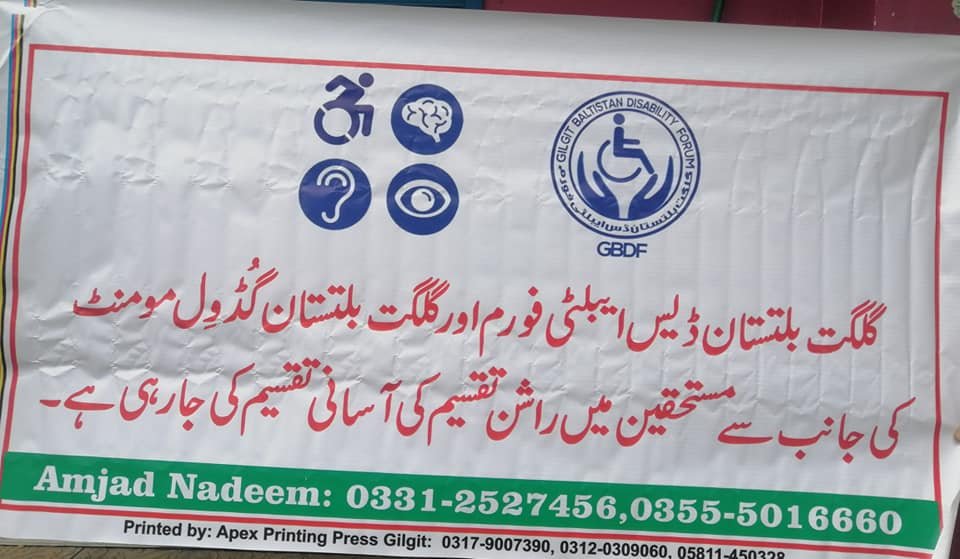
Certainly, let’s clarify:
Despite the positive efforts and intentions behind goodwill initiatives, it’s important to acknowledge that the state of being “good” or achieving universal goodness may not always be fully realized.
Several factors contribute to this and at that time my individualistic good did not realise, or did not want to realise the
- Complexity of Issues: Many social issues, such as poverty, inequality, and discrimination, are deeply entrenched and complex. Addressing these issues requires sustained effort, resources, and systemic change, which may not always be easily achievable through goodwill alone.
- Limited Resources: Goodwill initiatives often operate within constraints such as limited funding, manpower, and time. These limitations can impact the scale and effectiveness of interventions, making it challenging to address the root causes of social problems comprehensively.
- Structural Barriers: Structural barriers, such as institutionalized discrimination or systemic inequalities, can hinder the impact of goodwill efforts. Overcoming these barriers often requires broader societal and policy changes that extend beyond individual actions.
- Varying Perspectives: What constitutes “good” can vary depending on cultural, social, and individual perspectives. Differences in values, priorities, and beliefs may lead to conflicting interpretations of what actions are considered beneficial or ethical.
- Unintended Consequences: Despite good intentions, some goodwill initiatives may inadvertently perpetuate harm or reinforce existing power dynamics. It’s essential to critically assess the impact of actions and ensure they align with principles of justice, equity, and inclusivity.
While the pursuit of goodness and the practice of goodwill are valuable endeavors, achieving universal goodness is a complex and ongoing process that requires collective effort, critical reflection, and continuous adaptation. Recognizing the limitations and challenges is crucial for fostering meaningful progress towards a more just, equitable, and compassionate society.
I don’t feel the need to delve into this topic extensively because it’s already widely discussed on multiple blogs. However, I want to emphasize that Goodwill’s mission is to benefit people, and it does so through active community involvement. Goodwill operates with the belief that the community itself is instrumental in achieving positive outcomes. Unfortunately, society, especially from a sociopolitical standpoint, often overlooks or fails to fully grasp this crucial aspect of Goodwill’s work.”
In this revised version, the statement is more straightforward, ensuring the reader can easily understand the speaker’s perspective on Goodwill’s mission and its perception within society.
“If we don’t involve ‘the people’ directly, how can we accurately represent their voices? This principle is at the heart of what we stand for at Goodwill. We advocate for the full inclusion of disabled individuals as active participants in society, ensuring their voices are heard and valued just like anyone else’s.”
Maybe this is something to ponder upon during this festive period of Ramadan.
The Mass Media creates fear about disabled people.
We always grew up with the quote ‘ there is a time and a place ‘ for a particular situation or scenario. It depends on which part of the world you belong to. Some may say it differently; some may say it in lovey-dovey lingo. Nevertheless, this conflict or psychological warfare between the Ables [1] and people with disabilities has not ended rather escalated thanks to the mass Media. To put it another way, Global societies have to an extent always depicted the disable (s) as victims [2] . Why?
Assessing the disabled victim card
One of the LinkedIn Posts that stood out was when a disabled activist said ‘ Why hasn’t the government been able to establish even a single Skills Development Center in Gilgit-Baltistan for the training of PWDs from 1947 until now? ‘ Farhan Baig’s profile. This is significant because it shows the incompetence of governments and similarities across political spectrums and ideologies. If one were to look at the United States, a relatively new nation-state, it would also be a perfect fit because it also has unequal treatment of disabled persons. For example healthcare provisions, Obama Care vs. Private Care. India would also fit this model.
Thus, the disabled victim card suits the few and not the many which is why disable people are victims and this fear factor was instilled into the masses by the Mass Media Earlier review.
The Mass Media uses and misuses
The internet especially Social media is the power now. Everything and anything can be retrieved on it : from the writings of Milton Friedman to Qanon and everything else. From a movie angle, the disables are a great fit to play victims. That is why I believe that people do not see the value in engaging with disabled people, not because X isn’t a great person, but because Jim Parsons who plays a fictional character, [3] has created in the mind of Y that X will be Sheldon. So everything is messed up inside our judgments: we say one thing and do the other because we are limited in our creative thoughts and individual judgment. People tend to belief that the world reflects what is shown rather than what is not : to put it another way, people don’t have time to think, read and judge about disabled people.
Conclusion.
The Mass Media creates fear in society about disabled people.
[1] Using plurals of groups
[2] Ibid.
[3] In the Big Bang Theory
The Romans and Disabled Culture
If there is one place where global society learned its structures, it was Rome, home of the Romans. The Roman Civilisation, modern-day Italy has historical facilities which tourists can learn from. Rome is a tourist destination with a historical significance nowadays and in the past.
Hidden Social Meanings found within its buildings and surroundings
Rome is diverse, from the Vatican City to the Coliseum, but with that, Italians appericate their history and reflect upon the past mistakes that were committed. Academics have highlighted that, like in Pakistan these days and across the world, Depending on one’s status, impairments would have more or less an impact on their daily life. Read more; for instance, the ‘Great ‘Julius Caesar experienced many seizures.
Secondly, in terms of the present-day Vatican, Pope Jorge Mario Bergoglio, after ten at night, lets people experiencing poverty in Rome sleep in his Gardens palaces. What message this brings is that even though the Romans and the Roman Church argue that there is a move away from feudalism to socialism, even though people might critique and suggest that feudalism is within the churches, which I agree with, there is a time and place to critique such people.
Romans versus the Pakistan Elite
For the latter part of the discussion, let’s assume that the Brits have taken this Aspect from the Romans/Italians. Can the Pakistani Elite not do the same for PWDs? Are we suggesting that the Pakistani Elite are much bigger than the Romans? Sania Nishtar’s programs, such as Ehsaas and HealthCard, pushed the Social Welfare Agenda, but why was it stopped, especially for PWDs? Where is that agenda? A Unjust Budget
Conclusion
Gilgit Baltistan has a rich history, but unlike the Italians, the feudalistic structures still remain within society. We must treat disabled persons the same, no matter whether they are poor or not.
Inclusivity in Policymaking for Persons with Disabilities: The Vital Role of Representation
The journey towards building an inclusive society for persons with disabilities (PWDs) demands a proactive and comprehensive approach. One pivotal aspect of this approach is ensuring that policies crafted for PWDs incorporate their perspectives and voices.
Qualifications vs personal experience – Where do disabled people fit in
Another question that is regularly asked is if the organization’s officials do not have the appropriate qualifications working on the ground, how can they pursue to gain further disabled rights? This is an excellent question with a simple answer because we have Personal Experience.
What is personal experience like for a disabled person?
If we stick to Personal experience, a person with a disability faces more political, sociological, and psychological hurdles around them. There are two phases that we should focus on, which can be divided into the learning and communication phases.
The Learning phase involves the individual’s socialization: can they play and communicate and imitate the actions of their mother? Parenting experiment. Like any mother, parents would enjoy speaking with their children: but the mother might get rejected by their family for bearing a disabled (special child) in Pakistan[1]. Farhad (1999) says, ‘Educational opportunities for children with disabilities in Pakistan and Bangladesh are seen in the context of the countries’ religious, cultural and economic development. The reason is that people do not want to accept the abnormality that they perceive [2]. Abnormality in Pakistan is often linked to disability because the notion of Parsons with Disabilities being accepted was very limited in the 90s, the generation of disabled people we focus on at home. However, that abnormality is now being challenged by disabled persons, including our partner organizations like STEP and the Hashoo Foundation in the Southern region of Pakistan and more due to social media, a positive aspect of it. Another surprise that data shows from Farhad’s work is that based on the data collected by Akbar (1989) and Richter (1996), GBGM can confirm that special education was not a priority for the government as in the south, data shows that in the 1990s there were only 210 schools in the whole of Pakistan [3].
Moving on to the communication phase, in the same article compiled by Farhad (1999), Malik 1998 states that the parents and relatives consider the disabled as an economic liability and curse of God. Government functionaries take them to be nincompoop parasites. For the general public, they are a nuisance. The disabled themselves are unaccepted by society, lose confidence in their faculties, lose self-respect, and consider themselves fit for dependence upon others and beggary. GBGM has to struggle with this. We are constantly critiqued for not being qualified like others, but is it our fault that the public does not realize it? Even the parents are pressured continuously for not accepting their disabled child. That’s why disabled people are stuck in this limbo of the communication phase, and some teenagers and adults might end up like Genie.
People have to realize that qualifications only get you so much: it is the personal experience, to add the emotions, distress and feelings that only make us more resilient as an organization. This has encouraged our ambitions to strive and struggle for our rights: whether one is living in Glasgow or Gilgit. As a team we have to work to improve the communication phase, whereby more disabled adults can use our skill development facilities.
[1] Using the Urdu Slang
[2] Ibid
[3] Gilgit Baltistan was under the state subject rule of the federal government then.

